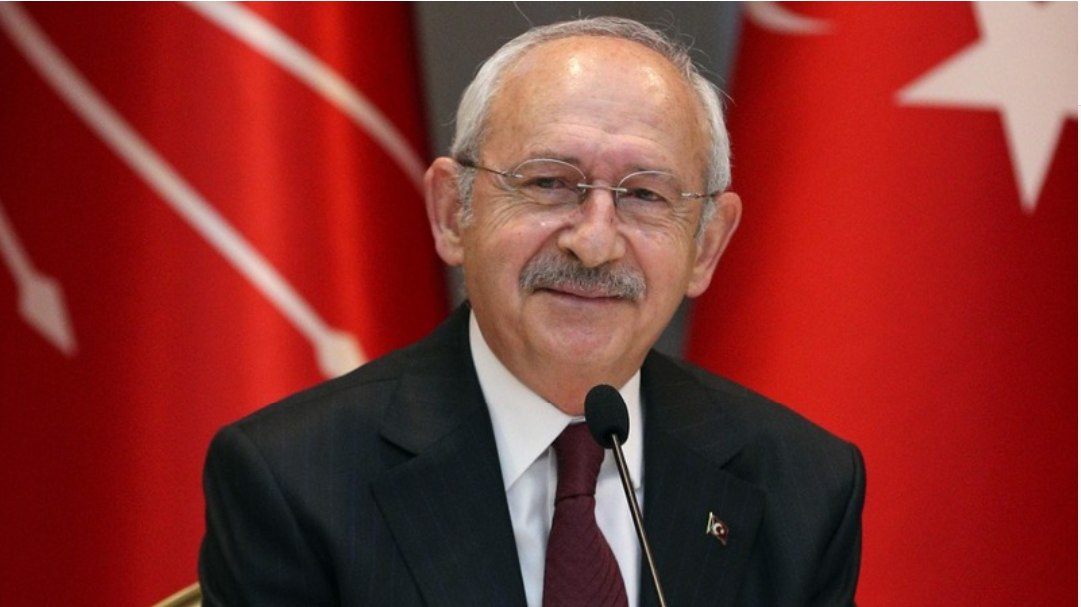Cumhuriyet Daily columnist Barış Terkoğlu stated that at the request of Istanbul mayor Ekrem İmamoğlu, a think tank investigated the causes for the election defeat. The 12-artilce list of conclusions included headings such as “The Erdogan campaign set the agenda for the election”, “Failure to make the economy first on the agenda”, and “Simple, focused and effective messages could not be given”.
“At Imamoglu’s request, “Why did we lose?”
Terkoğlu said: “I read the report, first was the section , “Who voted for whom?”, or the break-down of the vote according to demographic segments. The voter groups in which Erdogan received the highest votes are listed as follows: women wearing headscarves 70.1 percent, those with low education 62.3 percent, those who say “I am religious” 62 percent, housewives 61.3 percent, nationalists 57.7 percent.
Terkoğlu stated in his article in Cumhuriyet: “The same list is different in Kilicdaroglu: 52 percent of students, 57.8 percent of university graduates, 58.3 percent of Kemalists chose him. On the other hand, his rating among those who say “I am religious” remain at 33.6 percent and nationalists at 35 percent.”
12-ITEM ANALYSIS
According to Terkoğlu, the 12-item assessment of the election results in the report is as follows:
- The Erdogan camp determined the agenda of the election: The criticisms of the ruling administration, namely, “They cannot govern, they are too scattered, they are not consistent, they reign will cause chaos” and “They cooperate with terrorism, they will create a security crisis” were widely embraced by voters.
- Administrative architecture and the loss of reputation of the Nation Alliance: The Table of Six began to be perceived as an alliance of interests in which ministries, perks and bureaucratic posts are to be shared. The public could never learn the name of key ministers and bureaucrats was not discussed at the table. A general lack of consensus diminished credibility.
- The opposition underestimated the voters’ demand for security in the context of terrorism, and failed to create a convincing agenda around the security-democracy/freedom trade-off. Accusation linking CHP to pro-Kurdish HDP (which itself was accused of being a front for terror organization PKK) was effective.
- An effective counter-rhetoric could not be developed that nullified accusations from Erdogan-Bahceli camp that CHP and IYIP support Gulenists terror organization, called FETO.
- The rivalry between the two leaders (Erdogan vs Kilicdaroglu) could not be turned into a referendum around the idea of two different Turkeys. Not Erdogan and Kilicdaroglu; The main idea of a fair and democratic Turkey competing with a poor, oppressive and authoritarian Turkey did not come to the fore.
- Kılıçdaroğlu’s campaign was not about winning, but about becoming the candidate and then validating his candidacy. Moreover, the campaign was carried out with repression aimed at suppressing, oppressing, and discrediting, the doubts, criticisms, objections of legitimate pro-opposition groups.
- Kilicdaroglu, whom we know and love, was replaced by an unreal, fictional character. Voters respected Kilicdaroglu not as an alternative to Erdogan, but because he produced a leadership style that differed from Erdogan. The fictionalized Kilicdaroglu portrait was not found real and sincere, it was likened to Erdogan and was not adopted.
- Inability to manage the secular-nationalist voters: IYIP leader Akşener’s departure from the table with heavy criticism and then his return, as well İnce and Oğan’s candidacies weakened the commitment of the secular-nationalist young voters to the alliance.
- Failing to make the economy first on the agenda: The Nation Alliance failed to use the economic turmoil in its favor. Step to improve the economy could not be explained with simple communications, a strong economic team could not be announced and confidence could not be established in the voters that they would be better off under a Kilicdaroglu presidency.
- The problem of unintended polarization: Kilicdaroglu’s twin promise of embracing AKP – MHP voters on the one hand, revenge from the corrupt regime members on the other, were perceived as contradictions. The promises fed the polarization, which the opposition wished to break down, solidifying support for Erdogan in fear of retaliation.
- The opposition campaign failed to deliver simple, focused, effective messages: Instead of a bombardment of countless messages and promises, the focus should have been on short, simple messages that explain what to do in a word or two.
- Field work was not convincing: An effective field mobilization of rank-and-file, and even the six touring leaders could not be established that could convince the voters one-on-one against the manipulations and false propaganda of the ruling alliance. Media, judiciary, and government facilities were all in favor of Erdogan, the remedy was an effective face-to-face work on the ground, but energy and resources were allocated to social media campaigns. There, too, the financial capabilities were not large enough to compete with Erdogan. The price of ineffectiveness on the field was heavy.
Source: İmamoğlu’nun masasındaki ‘Neden kaybettik?’ raporunda 12 maddelik analiz
Follow our English language YouTube videos @ REAL TURKEY: https://www.youtube.com/channel/UCKpFJB4GFiNkhmpVZQ_d9Rg
And content at Twitter: @AtillaEng
Facebook: Real Turkey Channel: https://www.facebook.com/realturkeychannel/
